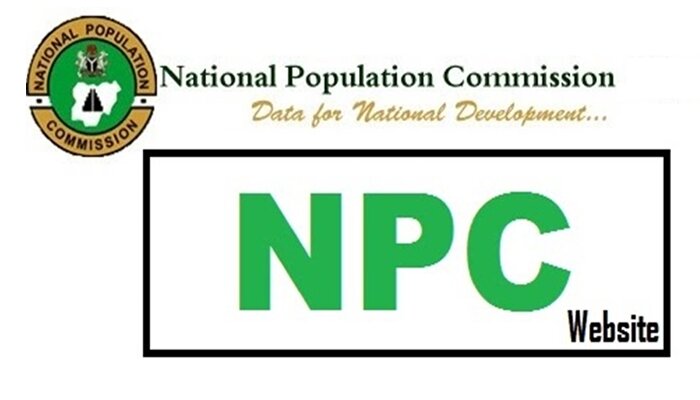The National Information Technology Development Agency (NITDA) has emphasized the urgent need for Nigeria to harmonize its fragmented data systems across government institutions to support evidence-based policymaking and efficient service delivery.
Speaking at the inaugural meeting of the National Civil Registration and Vital Statistics (CRVS) Co-ordination Committee in Abuja, NITDA’s Director General, Kashifu Inuwa, said Nigeria’s current disjointed approach to data collection undermines national development efforts. He stressed that a unified, digital identity system is vital from birth registration through to national planning and budgeting.
“Without harmonizing our data, we cannot generate the insight we need for national development,” Inuwa said. He noted that the CRVS reform aligns with President Bola Tinubu’s Renewed Hope Agenda, which prioritizes digital public infrastructure and data-driven governance.
According to him, integration across key institutions such as the National Population Commission (NPC), National Identity Management Commission (NIMC), and the National Bureau of Statistics (NBS) will ensure more inclusive and responsive governance. Inuwa assured stakeholders that NITDA would provide both standards and technical advisory support to ensure the digitization of CRVS processes is seamless and centered on citizens.
“Our vision is to ensure that the right standards and digital advisory services are in place for all institutions involved in CRVS. Everything must be digital, seamless, and secure,” he added, emphasizing the growing public demand for efficient, paperless services.
He further stated that NITDA will play a key role in developing the digital infrastructure and governance frameworks needed to support a unified CRVS platform nationwide.
Despite repeated calls for data harmonization, the issue has remained a challenge due to siloed data collection by different government agencies. The Minister of Interior, Olubunmi Tunji-Ojo, recently reiterated this concern, arguing that harmonized data would cut costs and reduce stress for both government and citizens.
“With their National Identification Number (NIN), citizens will be able to access services such as passport applications and BVN registration without submitting redundant information,” Tunji-Ojo said. He added that the Ministry of Interior remains committed to making multiple identity registrations a thing of the past.
As Nigeria looks to modernize its public services, both NITDA and the Ministry of Interior agree that digital transformation and data integration are not just technical upgrades but foundational steps toward sustainable governance and development.










